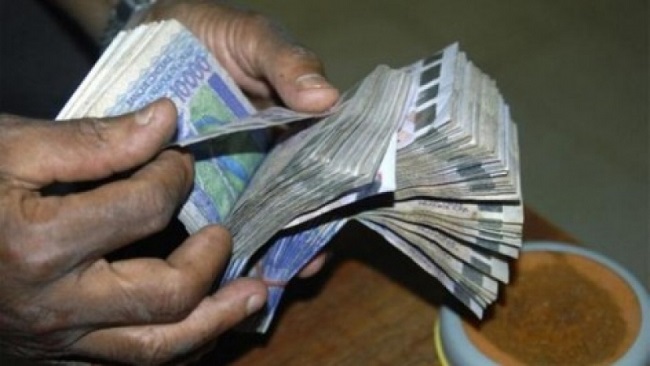Yaoundé struggling on BEAC securities market despite creditworthiness status
Although Cameroon has multiple times demonstrated its creditworthiness on the Beac public securities market, the country still finds it difficult to raise funds on the market.
The Cameroonian Treasury launched yesterday an operation to raise CFA45 billion on the Beac market: CFA20 billion through the issuance of 26-week fungible treasury bills (BTAs) and CFA25 billion through the issuance of 6-week fungible treasury bonds (OTAs). The interest rate was 6.25%.
In the end, the country was only able to gather CFA23 billion, an achievement rate of just over 50%. In detail, out of an offer of CFA17 billion from investors on the BTA segment, the country finally retained only CFA16 billion, in line with its policy of caution on costs. The OTA segment only raised CFA7 billion, despite an offer of CFA19 billion from investors.
Creditworthiness
Let’s recall that Cameroon has recently repaid CFA39 billion in 3 days on this market. According to the weekly report published by the central bank, on April 17, 2023, the country repaid CFA35 billion to investors who had subscribed to a 3-year OTA issue in April 2020. Two days later, another CFA4 billion were repaid to investors who subscribed to a BTA issue 26 weeks earlier.
Yet despite this good repayment performance, Cameroon still struggles to get investors’ attention on the market. On April 18 for example, the country made a 26-week BTA issue, seeking CFA15 billion but ended up with only CFA3 billion (an achievement rate of 20%).
Tightened monetary policy
Cameroon finds itself in this position mainly because it offers lower interest rates than the other Cemac countries. Also, investors are now more interested in making profits, demanding higher interest rates, while the Cameroonian Treasury rather has a controlled-rate policy. “Cameroon is today the only SSA country which offers less than 3% for short maturity securities (BTA) and less than 7% for long maturities (OTA),” said Sylvester Moh, Director General of the Cameroon Treasury.
However, the country is making much more effort to get in line. In January 2023, for example, the average cost of BTAs issued by Cameroon reached 4.39%, compared to 2.94% for the same period in 2021. This corresponds to an increase of 145 basis points. Based on the recent market developments, the demand for higher remuneration by investors may stem from the tightening of monetary policy by the central bank. Since February 21, 2023, Beac has suspended its weekly liquidity injection operations and is instead stepping up withdrawals (twice a week) from the coffers of banks operating as Primary Dealers (SVT) on the market. In the same vein, on March 27, 2023, Beac’s Monetary Policy Committee decided to raise its key rates for the fourth time since December 2021 to curb inflation, which is projected at 6.4% in 2023. The goal is to reduce bank liquidity by making it more expensive for economic agents, including governments.
Low interest from non-bank actors
Another reason for the tightening of financing conditions on the Beac public securities market is the excessive concentration by commercial banks of government securities. Banks can directly access the primary market and buy these securities. But, according to their specifications, they are obliged to sell at least 30% of their securities portfolio on the secondary market, where non-bank players have access.
However, they sell the securities to each other and barely involve non-bank players. At the end of January 2023, banks accounted for 77.7% of outstanding government debt, compared to only 2.2% for individuals and 15.3% for institutional investors (pension funds, insurance companies, etc.).
Culled from Business in Cameroon





